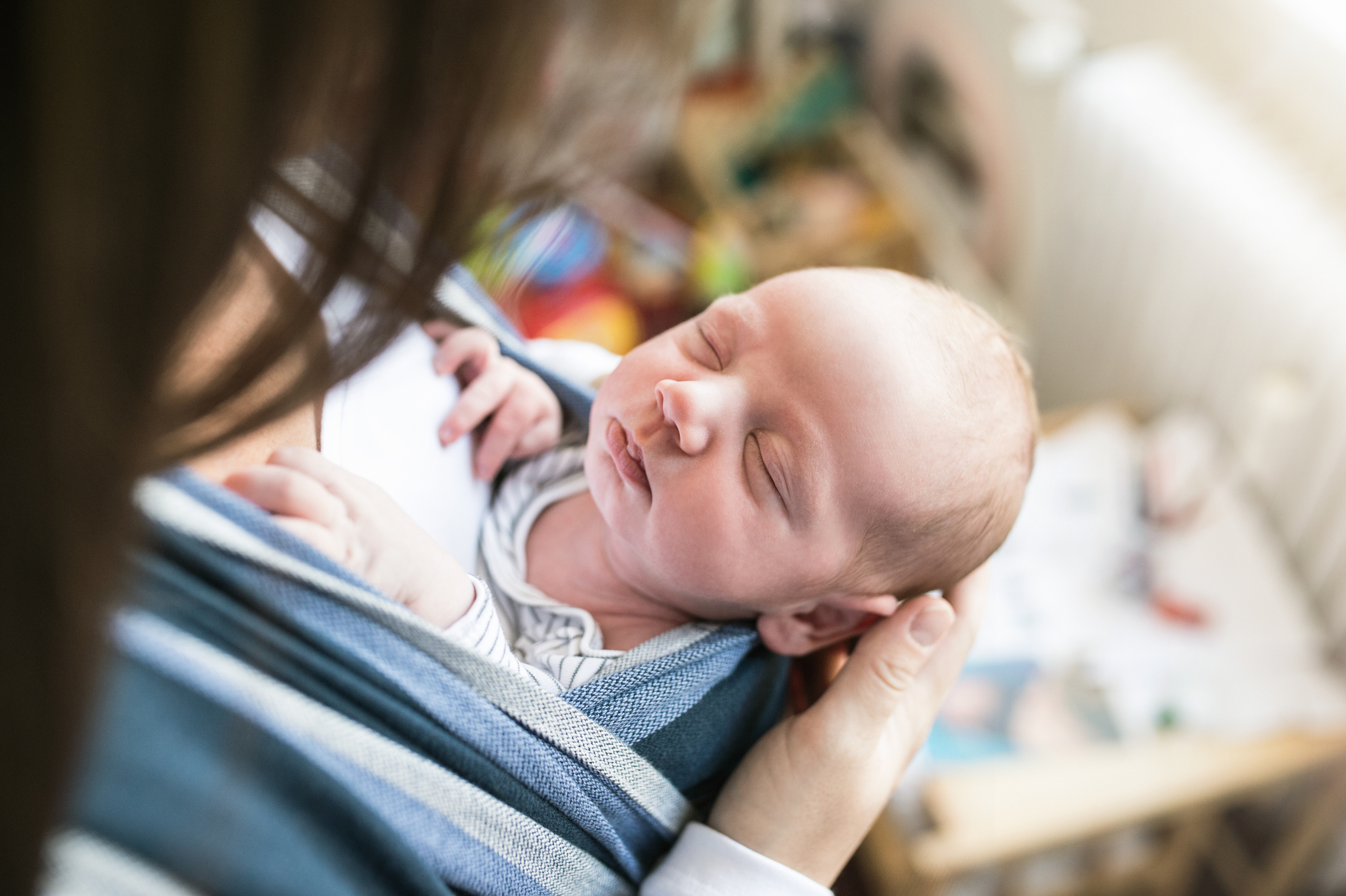News release
From:
A new population-based study has shown that 54 per cent of women who gave birth in NSW in 2020 were found to have received both maternal influenza and pertussis vaccines during pregnancy, up from 18 per cent in 2016.
From 2016 to 2020, the reported coverage of maternal vaccination increased yearly for both vaccines – from 27 per cent to 59 per cent for influenza and from 43 per cent to 79 per cent for pertussis.
While coverage of both maternal influenza and pertussis vaccines has increased over time in NSW, disparities in coverage still exist.
It was found that found younger mothers (aged less than 30 years), those from lower socio-economic status areas and those using the public hospital care model had a lower likelihood of having received maternal influenza and pertussis vaccinations.
Researchers from the National Centre for Immunisation Research and Surveillance (NCIRS) and UNSW Sydney analysed pertussis and influenza vaccination status in 477,776 births recorded on the New South Wales Perinatal Data Collection between 2016 and 2020.
Lead author Dr Nusrat Homaira, from UNSW, said it was reassuring to see such improvements in maternal vaccination coverage and uptake over time.
‘Although there are very safe and effective childhood influenza and pertussis vaccines available in Australia, many infections occur in the period before vaccination can be delivered to infants under the National Immunisation Program,’ Dr Homaira said.
‘Vaccinating pregnant women not only protects the mother; antibodies from the mother are also passed to the baby in the womb, which protects the baby in the first months of life until they are old enough to be vaccinated.’
Senior author Associate Professor Bette Liu, from NCIRS and UNSW, said further evidence-based interventions were needed to improve maternal vaccine uptake and address the inequities identified in maternal immunisation coverage.
‘These could include recommendations from a healthcare provider highlighting the benefits and risks associated with maternal vaccination, systems-based approaches such as standing orders or dedicated immunisation services, and continued awareness-raising education of mothers during each antenatal visit,’ Professor Liu said.



 Australia; NSW
Australia; NSW


